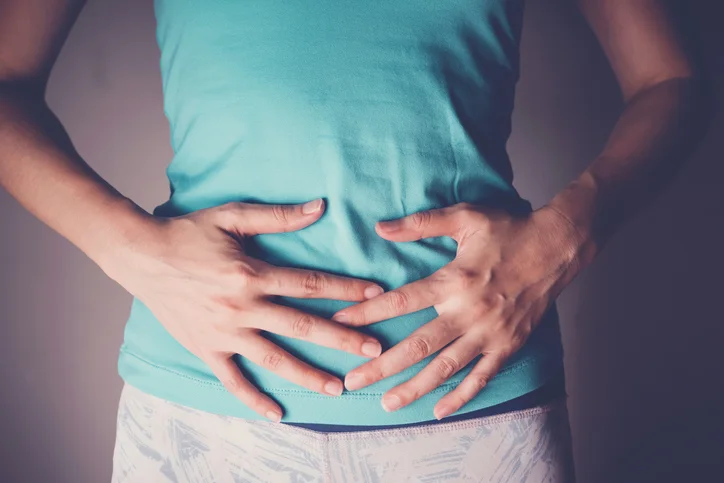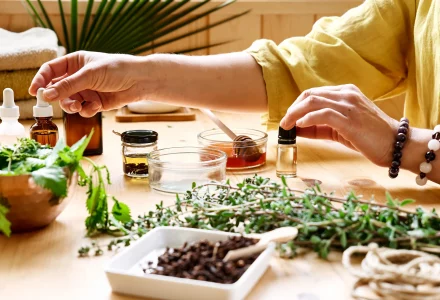Herbal Remedies for gastrointestinal complaints: Part 3 A healthy intestine as the basis of our well-being
Reading Time: 4 minutes

More articles on this topic

Memory Problems – A Precursor to Dementia?
It is currently estimated that approximately 13.4 million or up to 18% of all people over age 60 in the US are affected by mild cognitive impairment (MCI) in advanced…

Herbal remedies for gastrointestinal complaints: Part 2 Herbal remedies for flatulence
In the second article in our series, we present plants that can relieve flatulence. Flatulence is usually shown by a bloated stomach and an uncomfortable feeling of fullness. It can…

Herbal remedies for gastrointestinal problems: Part 1 Herbal remedies for constipation
Many people prefer herbal medicines for mild cases because of their more gentle effects. We would therefore like to introduce you to some plants in our series “Herbal medicines for…

